What you need to know about our commitments to sustainability
Programming
Sustainability
Our commitment to sustainability
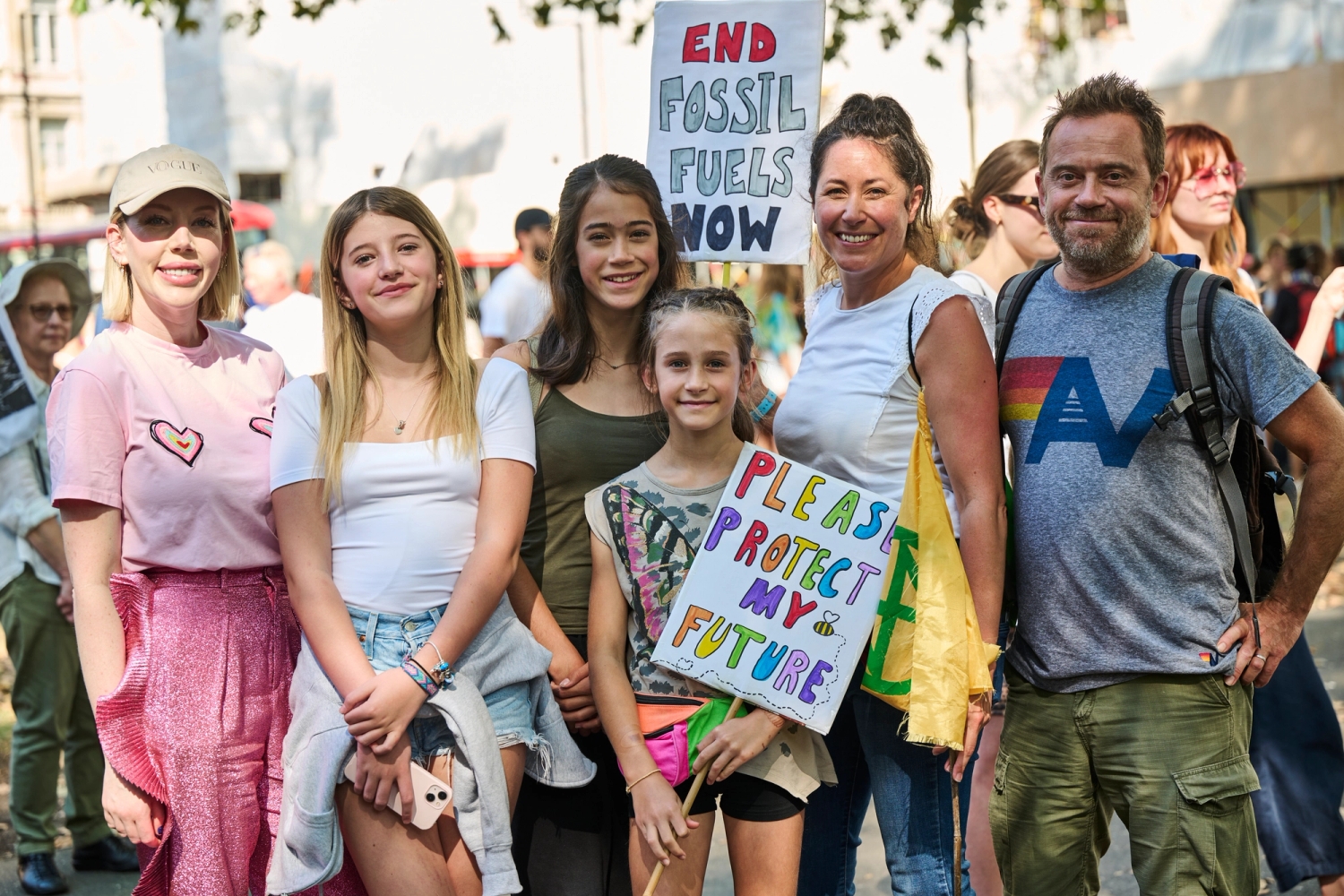
At UKTV we recognise that a large part of our role in helping society transition to net zero is to communicate with our audiences about the climate crisis and normalise sustainable behaviours within our content. We also understand that the preservation of nature and biodiversity is critical and are working to better understand how we can weave this into our production & editorial processes.
UKTV is a signatory of the pan-broadcaster Climate Content Pledge which is a commitment to reach more of our audiences on this topic and offer a fair and balanced vision of a sustainable future and be informed by science.
UKTV is the first broadcaster to include Climate Content within Silvermouse allowing us to measure our 2024/2025 target for 75% of our Commissions to include Climate Content via dialogue or commentary and 75% via backgrounds, actions & props.
In 2024, six of the major UK Broadcasters including UKTV developed aligned on-screen sustainability questions enabling us to not just track climate content inclusion but also key sustainability themes and their prominence within the context of the show.
Albert 2024 Climate Content Pledge update
From January 2025, it is mandatory for all UKTV Commissions to complete an On-screen Sustainability Tracking form included in Silvermouse.
However, it’s not enough to focus solely on Climate Content. In Financial year 2022/2023 84% of the UKTV Carbon footprint came from our suppliers and we recognise that we need to bring our production partners with us to achieve our Net Zero targets.
Contractual obligations when working for UKTV

As part of BBCS, UKTV supports the delivery of the BBC Group's Net Zero Strategy underpinned by science.
It is a mandatory requirement for ALL of our Commissions to be certified as sustainable via the Albert Toolkit.
As part of your Albert certification we will work with you to embed Climate Content within your editorial from the earliest stages of development.
From January 2025, it is mandatory to complete our On-screen Sustainability Tracking Form in Silvermouse as part of your post-production paperwork.
Albert certified production and de-carbonisation

“The scale of the challenge can feel overwhelming and when that happens, I am reminded of Greta Thunberg’s advice that ‘no one is too small to make a difference’. The steps we take now to switch to sustainable production techniques are critical to reach our net zero targets, but they also enable us to talk to our audiences with confidence about the climate crisis, sustainable behaviours and the protection of nature and biodiversity”.
Rachel Lyon, Production Executive & Sustainability lead for UKTV Originals
It is mandatory for all UKTV Commissions to be certified by Albert and you need to start this process in the pre-production phase and well before filming commences.
Detailed information relevant to delivering Albert certified content to UKTV can be found in our Producer Pack.
Albert certification exemptions:
- Acquisitions. However we would like any and all information on the sustainable credentials of your finished programme or archive if they exist.
- Programmes made entirely from archive footage and reversions involving post production only, with no specially shot material.
- International production companies are encouraged to use Albert or an equivalent local scheme if available in their territory.
- Fast turnaround and live programmes: can be certified, but we advise productions to get in touch with Albert as soon as possible to discuss. If the speed of production means any of the criteria prove difficult to meet, then they will be considered as part of Albert’s best efforts approach.
- Short Form Content - Aggregated duration of the programme or entire series is 15 minutes or less and the budget for the entire project (all episodes) is £50,000 or less.
If your production does fall within the short form definition you do not need to complete a Footprint, CAP and Carbon Offset unless the short form has high reputational value (eg specifically about Sustainability, high value/cost, significant brand).
If your short form is connected to a long form programme, then data should be included in the main programme’s Footprint and Carbon Action Plan.
Short form content producers should refer to the Albert website for guidance on best practice.
De-Carbonising our Commissions
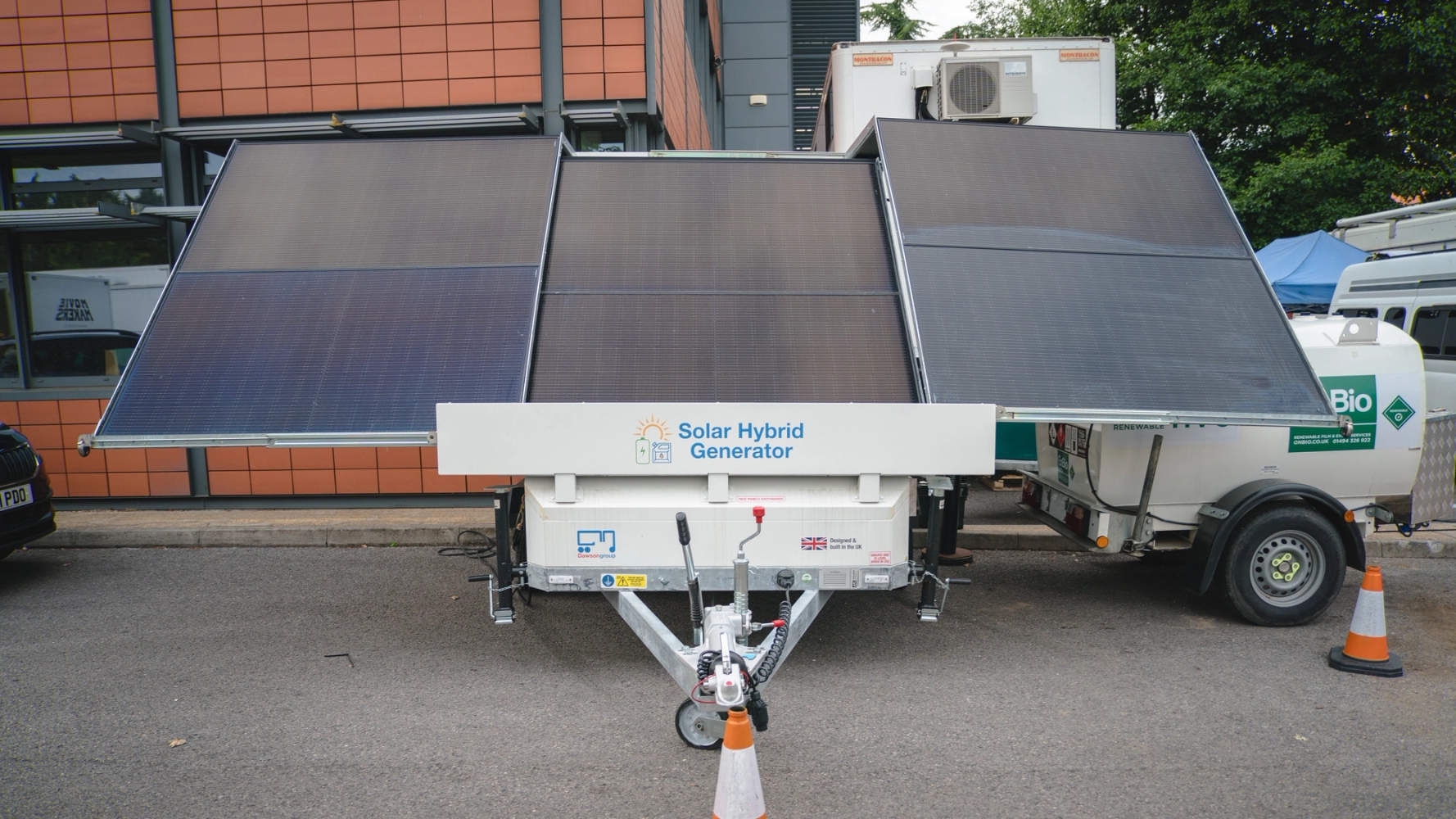
As part of BBC Group we are committed to reducing our Scope 3 emissions, which includes suppliers, by 28% by 2030. With the changes to the BAFTA Albert mandate, we are no longer offsetting. Instead, we are working to reduce CO2 emissions as much as possible – known as deep de-carbonisation. We also recognise the importance of improving the accuracy of data being entered into our carbon footprint reports. Our de-carbonisation efforts focus on four key impact areas; Energy, Travel, Materials and Waste.
In 2024, we collaborated with one of our independent production companies and the BBCS Sustainability team on a deep dive de-carbonisation initiative on one of our drama series. This is detailed in the Case Studies section.
As a minimum we expect to discuss opportunities to de-carbonise your production with you during development, schedule/budget negotiations and during a pre-greenlight Sustainability meeting. Progress reports throughout production will enable us to keep in touch and understand the challenges and opportunities of making sustainable production choices.
Please have a look at the BBC Top Tips for reducing carbon emissions on production.
Sustainability in editorial
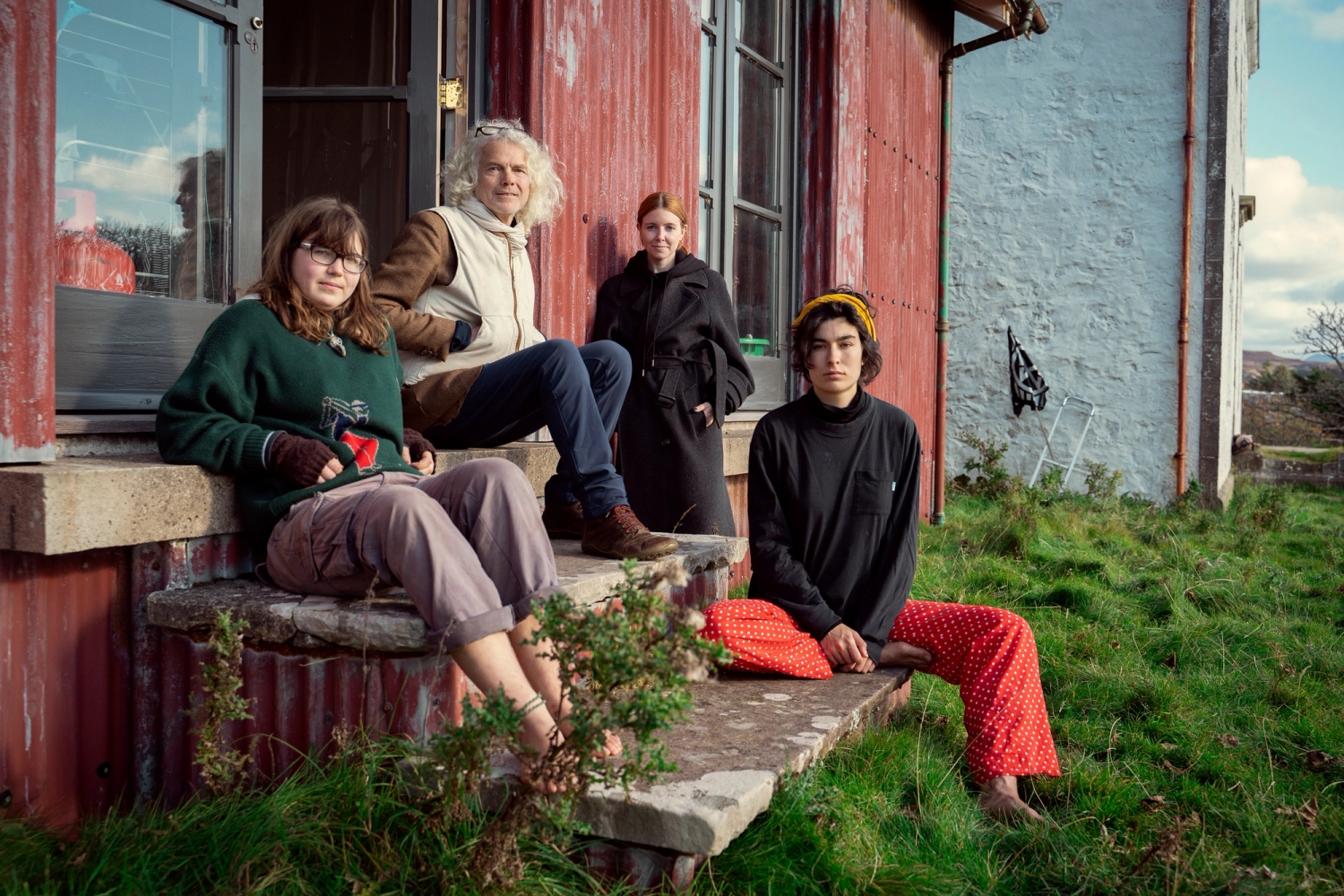
“Planet Placement – referencing climate content in our shows – is integral to what we do in Commissioning. I had an (energy-saving) lightbulb moment when I went on my Albert training, I realised that as programme makers we have a unique opportunity to talk to our audiences about the issues, making it part of the conversation. It's a hugely complicated subject and can feel overwhelming, and frankly, scary. But if we get it right with Planet Placement, we will make viewers feel engaged and motivated to act, while also feeling hopeful.”
Helen Nightingale, Head of Factual and Factual Entertainment, Commissioning
The latest BBC Audiences Sustainability tracker research suggests that the environment continues to be an important topic to the UK public, with recent tracking suggesting that 53% of people claim it is of high importance to them and just 8% ranking it of low importance.
Download
BBC Audiences 2024 Sustainability TrackerBBC Guide to engaging audiences with sustainabilityAs programme makers it is important that we reflect the concerns of our audiences, avoid portraying unsustainable lifestyles as aspirational and portray fair and balanced visions of a sustainable society.
In 2023, 6 UK Broadcasters including UKTV collaborated with Ipsos Mori to fund research into Climate Content. The research reveals key insights into the role broadcasters can play in inspiring audiences to make changes to tackle the climate crisis and biodiversity loss. Albert have created a useful pocket guide to share the key findings.
Opportunities to embed climate content within your editorial will be discussed at the earliest stages of development, at a pre-greenlight meeting and in the pre-production editorial meeting. We will keep in touch via progress reports.
From January 2025 it is mandatory for all UKTV Commissions to complete an On-screen Sustainability Tracking form included in Silvermouse. Please refer to our Schedule of Deliverables within the Producer Pack for more detail.
To complete the form producers select from a checklist of topics related to climate change, sustainability, nature-loss and our connection to the natural world and whether they are included in a programme verbally, in dialogue or commentary, or visibly in props, backgrounds or non-verbal action.
Completing the form will be significantly easier if the information is captured during the edit process and we strongly recommend that a senior member of the Editorial team is responsible for doing this.
Please see below the checklist of themes;
The checklist of topics
a) The science of climate change and/or nature loss and how these changes impact us/the natural world
b) How we try to protect ourselves from and adapt to the changes brought about by climate change and nature loss
c) How we travel and move around more sustainably
d) How we use energy and power in our lives, homes and industry more sustainably
e) What food we eat and how we use land more sustainably or restore nature
f) How we use materials and resources more sustainably and avoid or reduce waste
g) How we invest money, run businesses and economies more sustainably
h) Individuals, communities, creatives or artists imagining, discussing, making efforts or demands for a more sustainable world
i) How we can enhance our personal connection with nature
j) Industries and behaviours that are causes of climate change and nature loss
k) Celebrities, influencers or public figures endorsing or being role models for ‘green’ behaviours or attitudes
l) Other (please specify)
We want to understand if our climate content is having an impact on our audiences and we are working with our Research & Insight team to agree a set of questions to include in all of our dial tests.
The BBC Environmental Sustainability Guide is a helpful resource for Producers providing detailed information regarding the science behind the climate crisis.
Please note that it is a mandatory requirement for Albert certification that a senior member of the editorial team has attended editorial training which is available free from Albert.
2024 Showreel
Please watch our most recent Climate Content showreel to give you a flavour of our work in this space. We hope it will inspire you to fill your own productions with these important prompts.
Case studies
The Marlow Murder Club Series 2

Download
TMMC S2 Case Study reportThe Marlow Murder Club Series 2 showreel
Albert Headlines
The CO2e reduction of the series per programme hour was 38%.
The carbon impact of non mains energy was reduced by 97% per prog hour from Series 1.
Using Hybrid Generators resulted in a significant reduction in fuel consumption (73% per prog hour) and £11k fuel savings compared to series 1.
Certified HVO fuel has only 10% of the carbon footprint of diesel.
Waste CO2e reduction per programme hour was 95%.
Only 5% of location waste was sent to landfill.
Why Marlow Murder Club S2?
In January 2024 Bafta Albert announced that they were moving away from carbon offsetting and the industry was advised to focus on the rapid deep de-carbonisation of TV production.
We chose a Drama because it has the highest carbon impact of all TV genres.
Marlow 2 was a returning series so we had an Albert carbon footprint to use as a baseline.
Series 2 was a similar set up to S1 filmed at the same location with limited unit moves so we could compare on a like for like basis.
How much did it cost?
The de-carbonisation budget spent was just 0.2% of the overall programme budget.
We spent the majority of our budget on hybrid generators.Currently this is more expensive because of the extra battery cost and transport requirements but you save significant costs on fuel consumption.We would expect battery costs to reduce as the industry moves towards an Electric future.
Certified HVO (Hydrogenated Vegetable oil) fuel was approx. 20% more expensive than diesel at the time of filming (Summer 2024).HVO fuel costs have since reduced and are now comparable.
We spent budget on a waste streaming facility ‘Eco pod’.When small businesses are charged to send commercial waste to landfill this will become cost neutral.
In summary, we did spend more money but not much given the success we had reducing carbon emissions.In the future we would expect de-carbonisation to become cost neutral.
What did we learn?
We can significantly reduce carbon emissions on our drama commissions.We focussed on increasing energy efficiency associated with non mains power and reducing waste sent to landfill.
Test: Hybrid generators.
Learn: Using Hybrid generators had a significant impact on reducing CO2 emissions by reducing fuel consumption.Hybrid generators run similarly to a hybrid car with an engine and battery.
When power is being pulled from the battery there is no sound or air pollution
Tested: Certified HVO fuel.
Learn: HVO fuel has only 10% of the CO2 impact of diesel.
HVO is a ‘drop in fuel’ that can be used in a standard generator.
HVO fuel is an ‘interim’ solution as we switch towards an electric future of batteries & grid power.
Tested: Reduce waste sent to landfill.
Learn: We can successfully separate waste into streams; food waste, compostables, dry recyclables and general waste.This significantly reduced waste sent to landfill and the overall carbon impact of location waste.
Important to have a member of the crew taking responsibility for waste (in this case the Unit Manager was responsible) to avoid individual waste streams being contaminated.
Next steps:
We are sharing these learnings with all our other Drama Commissions.
We will continue to focus on improving accurate data capture & input into Albert.
Further resources
Help and support for producing sustainable content, on and off screen
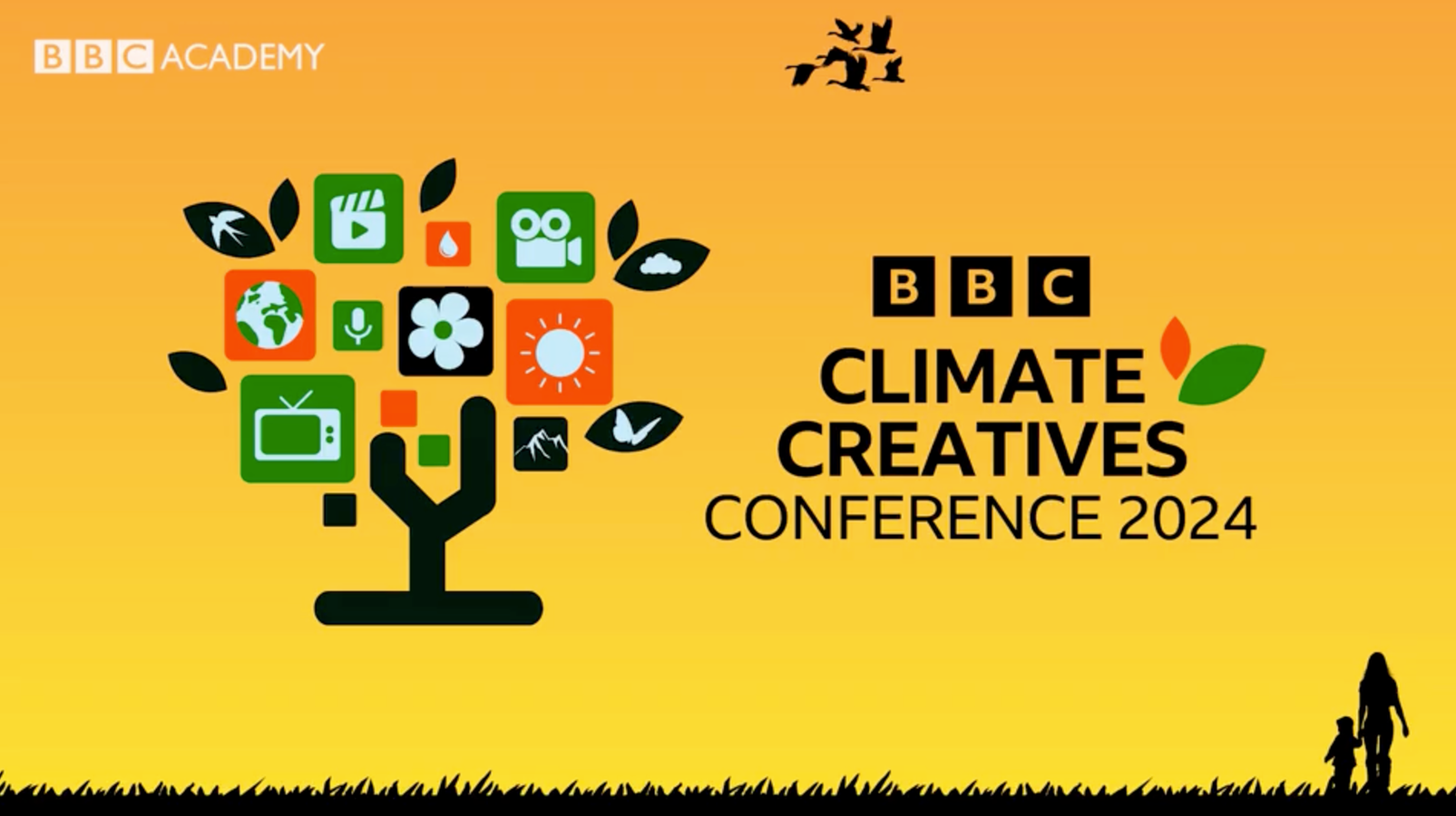
BBC Climate Creatives 2024 event: Watch recordings of the latest BBC event
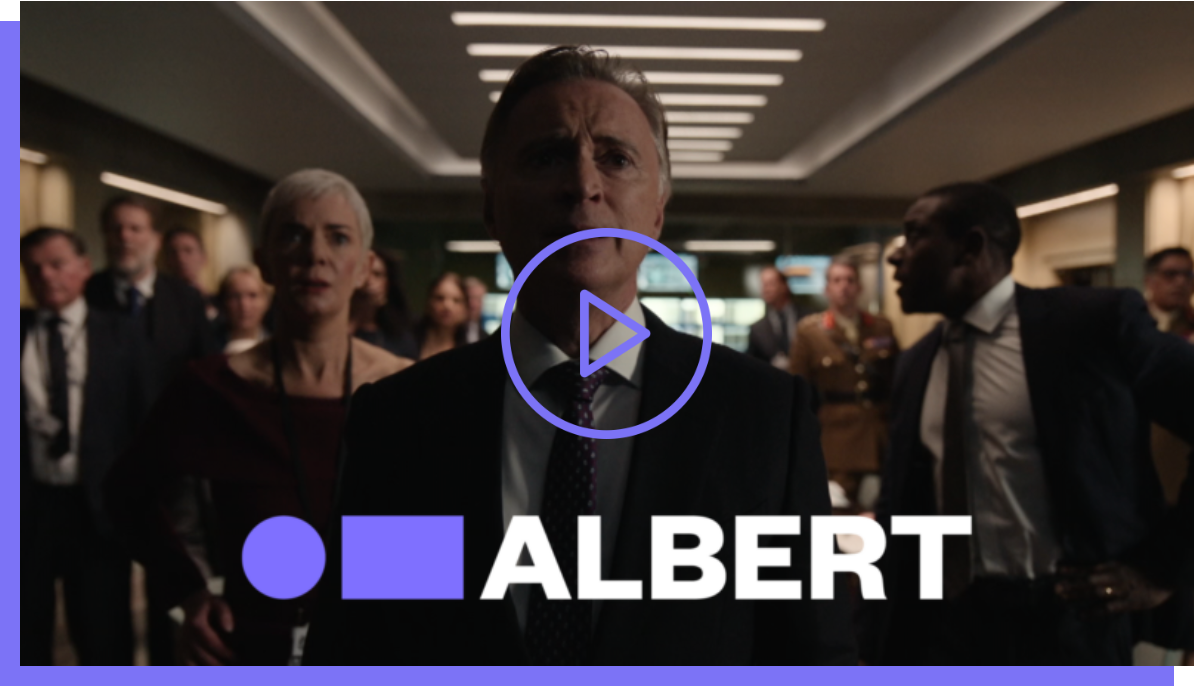
Albert Climate Content Showreel 2024: Watch the UK pan industry Albert Climate Content Sizzle reel
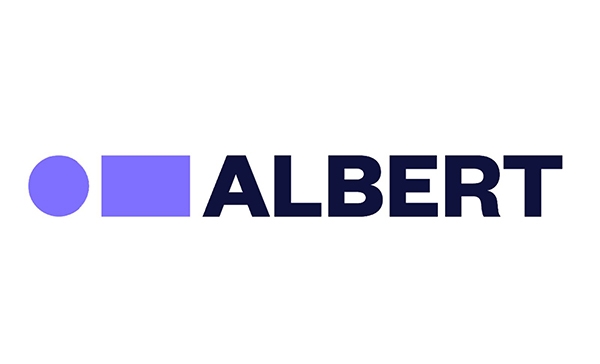
Albert Climate Content case studies: Tips and inspiration from other programme makers
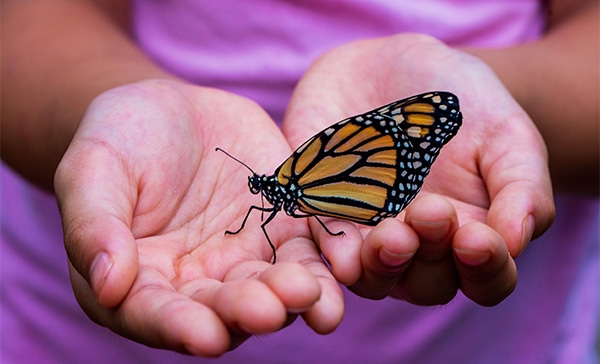
Albert Biodiversity Guide: Understand your potential to promote biodiversity both on screen & off screen
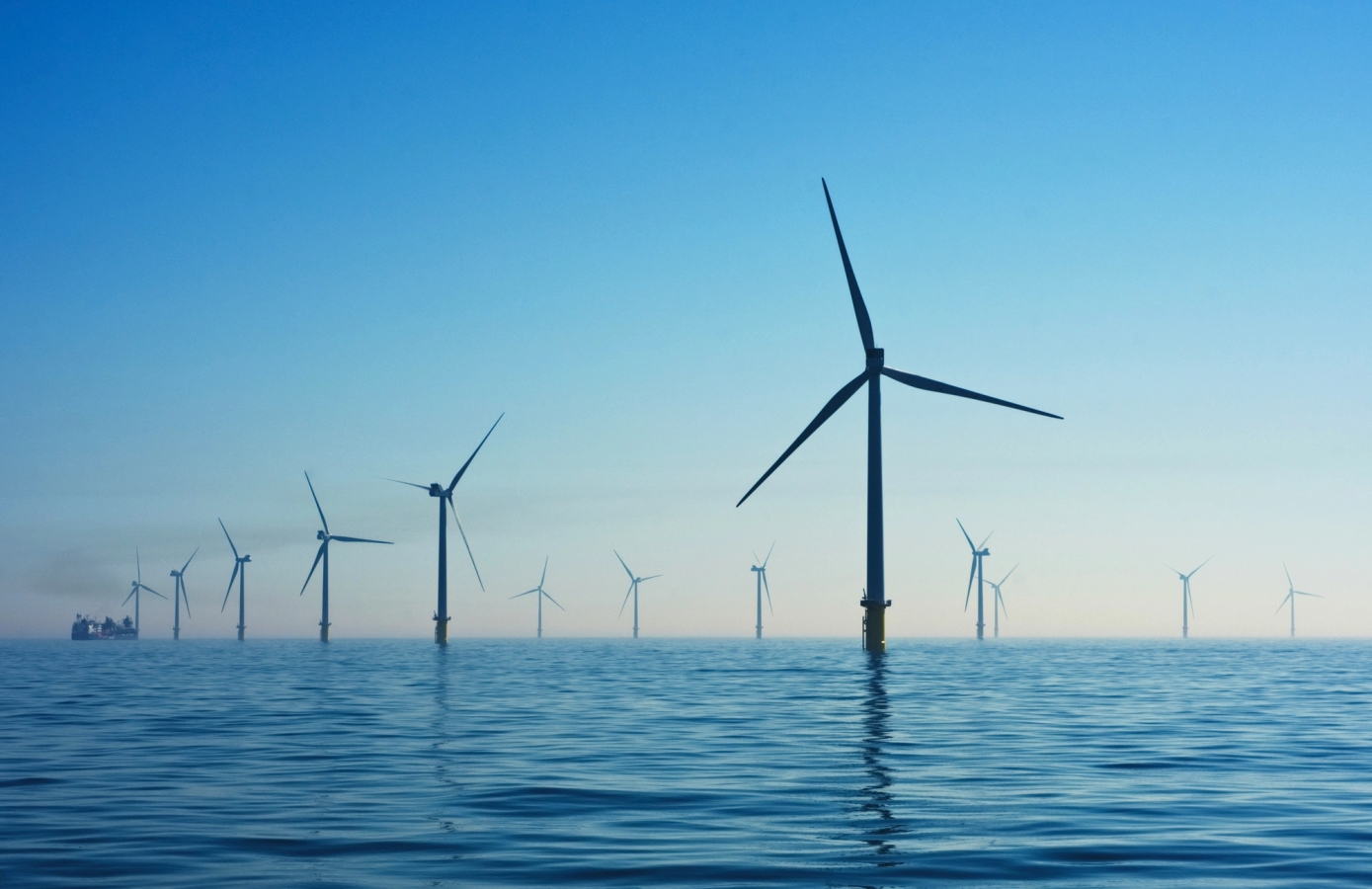
Albert Suppliers Directory 2025: Please refer to this curated directory to find sustainable suppliers

BBC: Read more about the BBC Net Zero Transition Plan and their three pillars